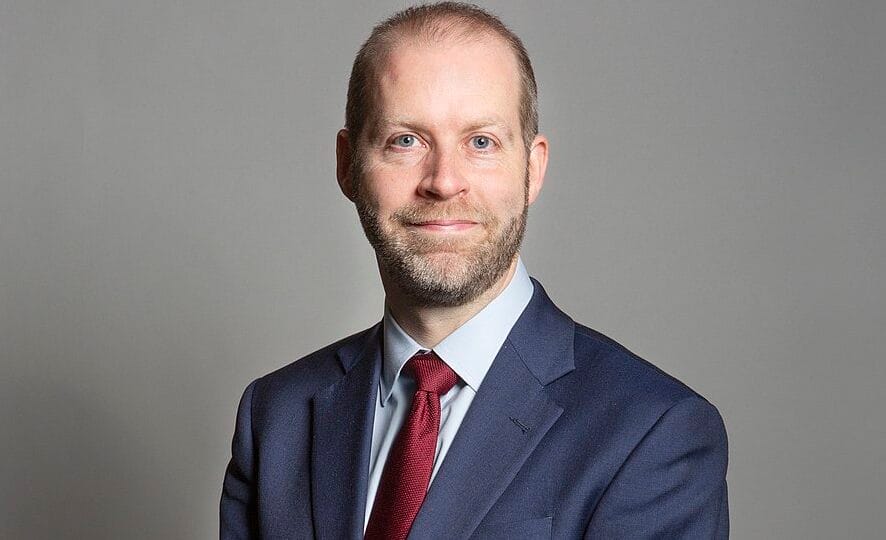Business Secretary Jonathan Reynolds faces resignation calls after falsely listing himself as a solicitor online
Business Secretary Jonathan Reynolds is under mounting pressure to resign after it emerged that he inaccurately claimed to have been a qualified solicitor on his professional CV. The controversy centres on his LinkedIn profile, which for years described him as both a “trainee solicitor” and a “solicitor” — despite the fact that he never qualified to practise law.
Reynolds, a senior Labour cabinet minister, worked at Addleshaw Goddard in Manchester between 2009 and 2010 but left the firm before completing his legal training to pursue a parliamentary seat. He won the election as an MP in 2010 and has held several senior roles since.
The row ignited after the BBC confirmed that the description of “solicitor” appeared on Reynolds’s LinkedIn profile. Although the entry has since been changed, the fallout has been swift. The updated profile now correctly states that he was a “trainee solicitor” before entering politics.
The Conservatives quickly seized on the revelation, with shadow business secretary Andrew Griffith calling the situation a serious breach of public trust. Griffith wrote to the prime minister’s ethics adviser, demanding a formal probe. In his letter, he stated Reynolds “appears to have knowingly misled the public” and should “apologise and step down”.
Reform UK also weighed in, with party leader Nigel Farage calling for Reynolds to be sacked. Farage pointed to a 2014 House of Commons speech in which Reynolds claimed he had “worked as a solicitor in Manchester city centre” — a statement that now appears to be false.
Reynolds’s allies pushed back, insisting the error was not deliberate. A Labour source suggested the minister does not personally manage his LinkedIn profile and that the misleading entry was likely the fault of administrative staff. The Solicitors Regulation Authority (SRA), which contacted Reynolds in January, confirmed it had no plans to take disciplinary action. After being alerted to the issue, the minister promptly corrected the entry.
Embed from Getty ImagesAn SRA spokesperson noted: “Our regulatory role is to protect the interests of users of legal services. We are aware of this issue; however, having considered all factors involved, there is no need for us to take any action.”
Still, the incident has sparked broader concerns about accuracy and integrity in public life. Speaking to Times Radio, Home Office minister Dame Diana Johnson defended Reynolds, saying: “There were mistakes made by administrative staff… There was a bit of a muddle on LinkedIn.” She added: “I think he’s been very clear he was a trainee solicitor — that’s the position he held.”
But critics remain unconvinced, arguing that Reynolds’s own words — in Parliament and elsewhere — suggest a pattern of misrepresentation. If the claim had only appeared on LinkedIn, the scandal might have fizzled out. But his 2014 statement to the House complicates matters.
The story comes amid heightened scrutiny of ministers’ backgrounds. Just last month, Chancellor Rachel Reeves admitted her LinkedIn profile inaccurately claimed she had spent more time at the Bank of England than she actually did. Her office blamed the mistake on an “administrative error”.
For Reynolds, the affair is politically embarrassing at best — and potentially career-ending at worst. As Labour continues its push to present itself as a government-in-waiting rooted in competence and honesty, questions about résumé inflation are the last thing it needs.
Whether Reynolds survives the scandal may hinge not on the technicality of legal titles, but on public perception. In an age of heightened accountability, even small missteps can explode into major crises — especially when integrity is the issue at stake.
